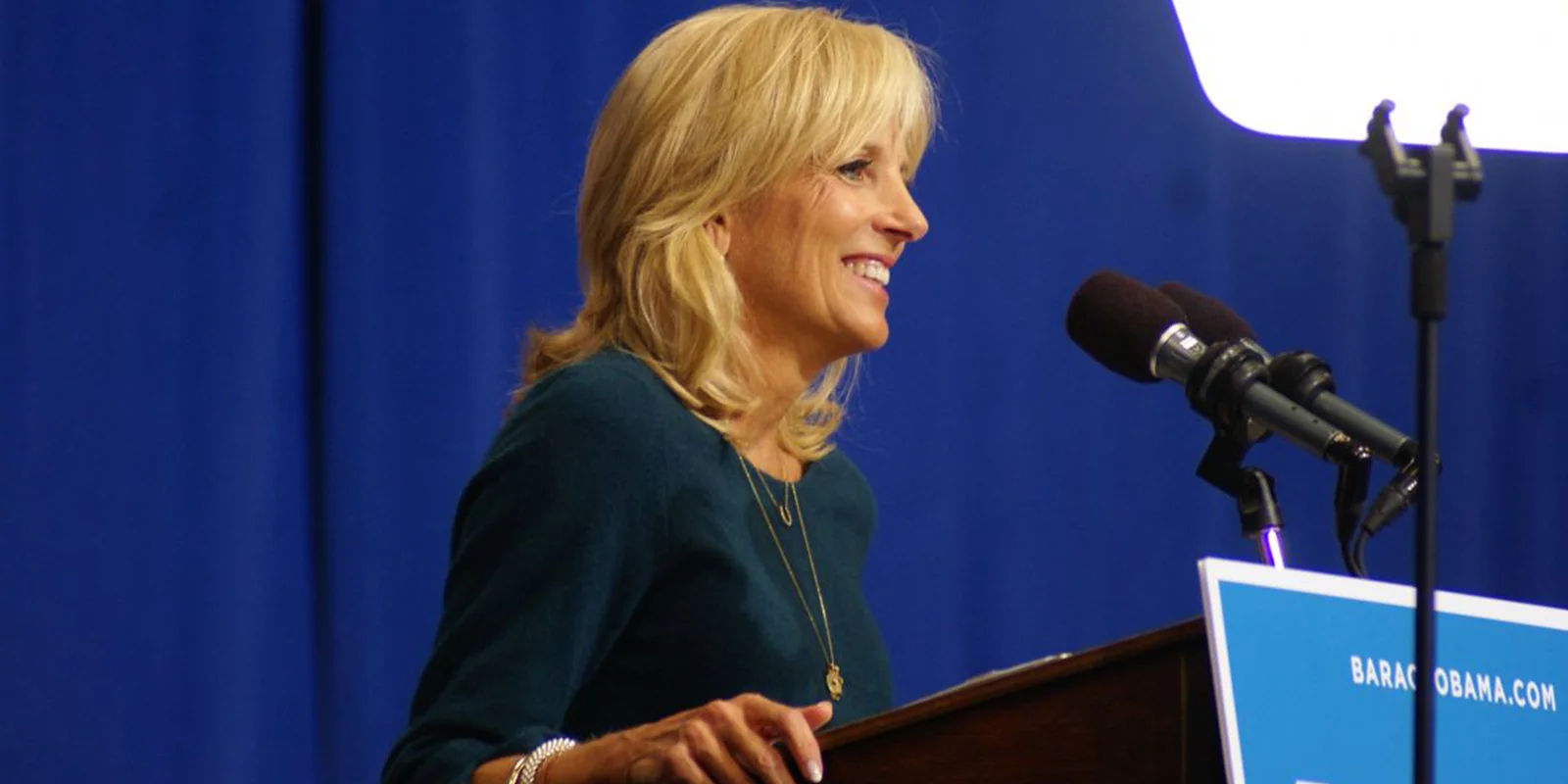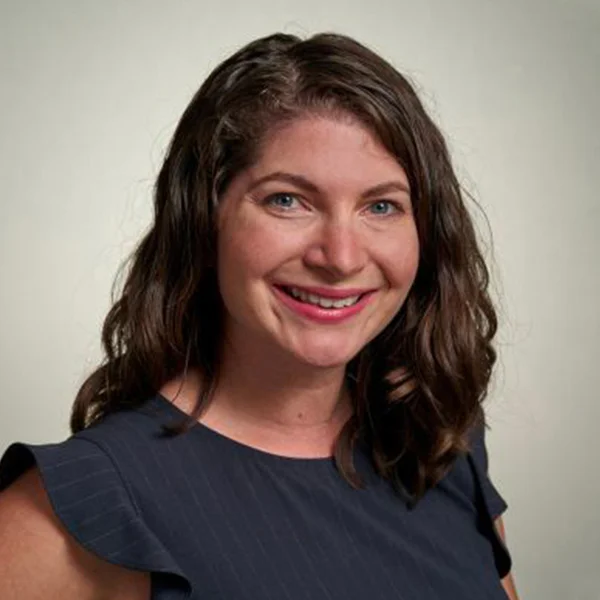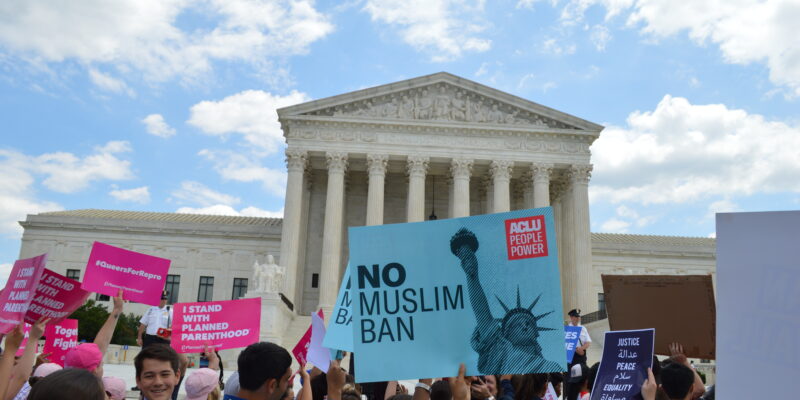
Dr. Jill Biden and Why Titles (Especially Women’s Titles) Are So Important
With a new administration coming in, there will be many changes afoot. Probably no one will get fired from the administration via Twitter. Hopefully no one will compare the size of their “nuclear buttons.” But another change is quite welcome: hearing “Dr. Jill Biden” announced as the First Lady.
And delighted as we are in using the honorific the First Lady has earned, its use was apparently deemed controversial enough this month to be the subject of an op-ed in the Wall Street Journal, recommending that Dr. Biden eschew the title while serving our country. (No, we won’t be providing a link and offering “clicks” for that item.)
It would be an understatement to say that backlash to the piece was swift. Everyone from The Washington Post and the Chicago Tribune to Northwestern University and Merriam-Webster dictionary decried it. And so did countless individuals, including former First Ladies Michelle Obama and Hillary Clinton and other political spouses, such as Doug Emhoff and Chasten Buttigieg. Female PhDs added “Dr.” to their names on Twitter in solidarity. Some likened Dr. Biden’s title to other influential (non-medical) doctors, such as Dr. Martin Luther King, Jr., whose work greatly benefited humanity.
But beyond sparking outrage and inspiring scores to send messages in support of Dr. Biden, the piece drew attention to the countless other women who dare speak their credentials, raise their voices, and contribute to the world around them. (Flashbacks of our #CanYouHearUsNow campaign, anyone?)
The ramifications are critical:
- As Adam Grant noted in his response, “Women’s qualifications are less likely to be mentioned by men.” In a study of more than 300 MD/PhD introductions he cited, men introduced 72% of men as “Dr.” but introduced only 49% of women as “Dr.” Women, on the other hand, introduced speakers as “Dr.” regardless of their gender.
- “These honorifics like Dr., Judge, Justice matter,” wrote Washington Supreme Court Justice Montoya Lewis. “They are earned. They respect the person and the profession. I’ve been called ‘kiddo’ my entire career as well. I’ve had lawyers touch my hair, my lower back, and refer to me informally in formal situations while recognizing my professionalism and skill.
- Some noted that they use “Dr.” in their title so they won’t be confused for “housewives” or “janitors.” Many noted the racial, ethnic, and gender fault lines.
As Jessica Tarlov wrote in Bustle, “We are living in an age when representation matters, and we know it’s a huge boon for young people to see folks who look like them, and have achieved big things, wear their accomplishments proudly.”
As we’ve written (and written), who gets heard matters. Already, journalists source men far more than they source women on almost all of our issues.
MuckRack’s annual State of Journalism survey found that 90% of journalists say they find academic subject matter experts to be among the most credible sources.
If more women are hampered or intimidated or made to feel afraid for using that subject matter expertise, the gender divide in media coverage will only become more stark. This will have lasting effects on the stories that are told and the people whose voices are heard. On the other hand, if our First Lady proudly proclaims her credentials and normalizes the use of her professional honorific, this representation at the highest level will encourage many other women to do the same. It will have ripple effects throughout our society.
Dr. Biden’s response to the op-ed hit job was full of grace. She wrote, “Together, we will build a world where the achievements of our daughters will be celebrated rather than denigrated.”
May we all deploy the doctor’s precise touch.



